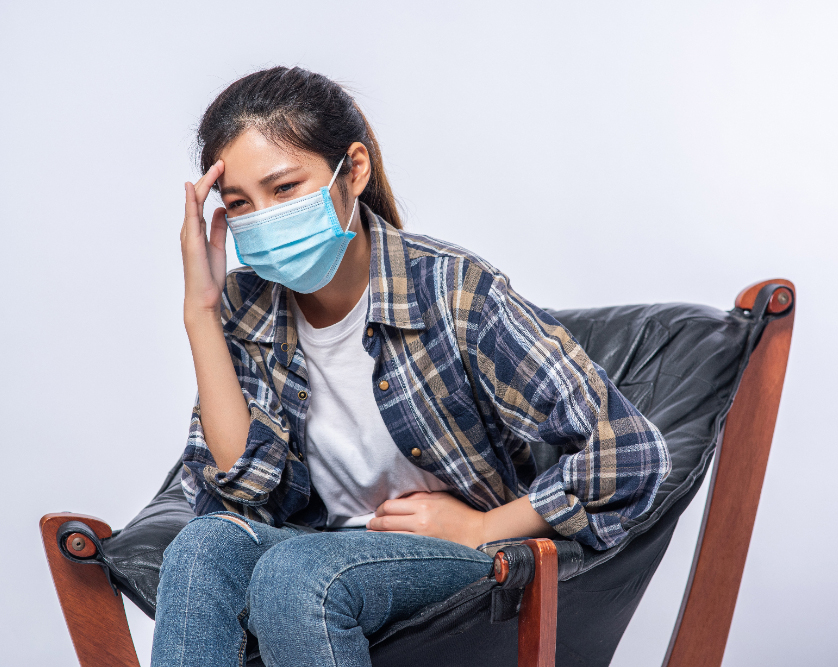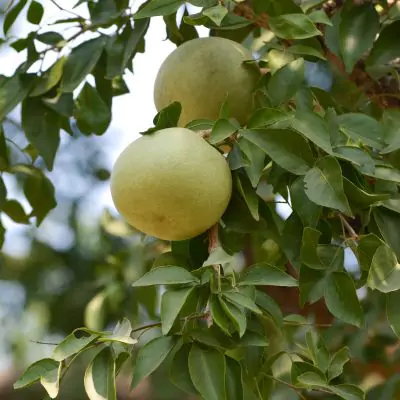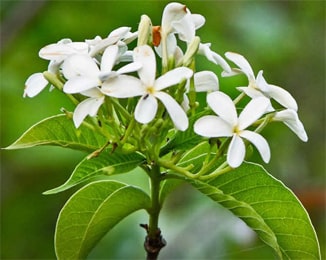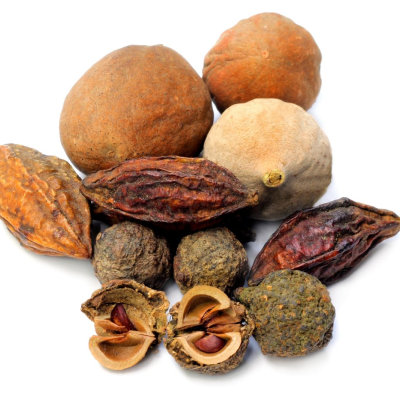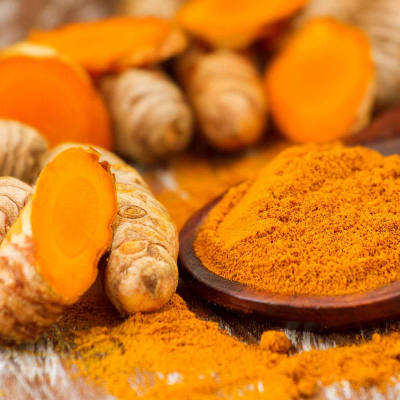Crohn’s disease is a chronic inflammatory bowel disease (IBD) characterized by inflammation of the gastrointestinal (GI) tract. It can affect any part of the GI tract, from the mouth to the anus, but it most commonly impacts the terminal ileum and colon. The inflammation can penetrate multiple layers of the intestinal wall, causing a range of symptoms.
Causes
The exact cause of Crohn’s disease is unknown, but the following factors are thought to play a role:
- Immune System Dysfunction: An abnormal immune response attacks the GI tract.
- Genetic Predisposition: Family history of IBD increases risk.
- Environmental Triggers: Smoking, diet, infections, and stress may trigger or exacerbate the condition.
- Microbial Imbalance: Changes in gut microbiota can contribute to inflammation.
Symptoms
1. Digestive Symptoms:
- Abdominal pain and cramping.
- Persistent diarrhea, which may be bloody.
- Weight loss and malnutrition.
2. Systemic Symptoms:
- Fatigue and fever.
- Mouth sores.
3. Complications:
- Fistulas (abnormal connections between organs).
- Intestinal strictures (narrowing of the bowel).
- Abscesses or ulcers.
Risk Factors
- Age: Most commonly diagnosed before age 30.
- Family History: Increased risk with a family history of Crohn’s or other IBD.
- Lifestyle Factors: Smoking and high-fat diets.
- Geography: More common in urban areas and developed countries.
Crohn’s Disease in Ayurveda
In Ayurveda, Crohn’s disease can be correlated with Grahani Roga, a disorder of the digestive system involving the small intestine and related organs. Grahani refers to the duodenum, which supports digestion and absorption. The primary dosha imbalances involved are:
- Vata: Causes irregular motility and pain.
- Pitta: Leads to inflammation, ulcers, and burning sensations.
- Kapha: Contributes to mucus accumulation and sluggish digestion.
- Additionally, Ama (toxins) accumulation and weakened Agni (digestive fire) are key pathological factors in Crohn’s disease.
Management of Crohn’s Disease in Ayurveda
1. Dietary Recommendations (Pathya-Apathya)
Foods to Include:
- Warm, freshly prepared meals.
- Easily digestible foods like rice, moong dal (green gram), and buttermilk.
- Ghee (clarified butter): Soothes the gut and balances Vata and Pitta.
- Pomegranate, banana, and cumin for improved digestion.
Foods to Avoid:
- Spicy, oily, or processed foods.
- Cold and raw foods.
- Dairy products (if intolerant).
2. Lifestyle Modifications (Dinacharya and Ritucharya)
- Regular meals at fixed times.
- Stress management through yoga, meditation, and pranayama (e.g., Nadi Shodhana).
- Adequate sleep and avoidance of late-night meals.
3. Panchakarma Therapies
1. Virechana (Purgation Therapy):
Removes Pitta-related toxins.
2. Basti (Medicated Enema):
- Anuvasana Basti (Oil-based enema): Soothes Vata and strengthens the intestinal walls.
- Niruha Basti (Decoction-based enema): Reduces inflammation.
4. Rasayana Therapy
Use of rejuvenating herbs like Shatavari and Amalaki to enhance immunity and digestive strength.
Herbal Remedies
Bilva (Aegle marmelos):
Strengthens the digestive system and reduces inflammation.
Kutaja (Holarrhena antidysenterica):
Controls diarrhea and bleeding.
Ashwagandha (Withania somnifera):
Boosts immunity and reduces stress.
Triphala:
A mild laxative and detoxifier that strengthens the gut.
Turmeric (Curcuma longa):
Anti-inflammatory and antioxidant properties.
Ayurveda can help manage symptoms, reduce inflammation, and restore gut health.
Modern medicine is crucial for managing acute symptoms, complications, and maintaining remission.
A combined approach can improve quality of life and long-term outcomes.


